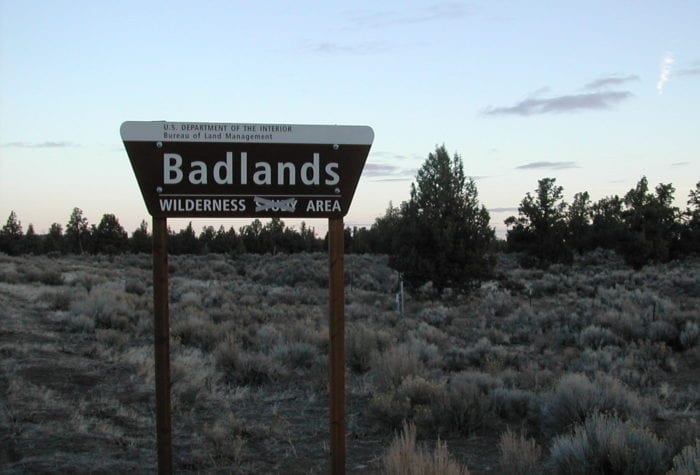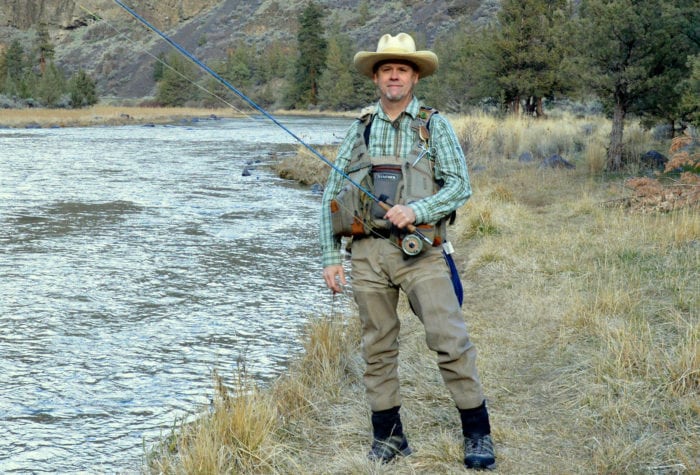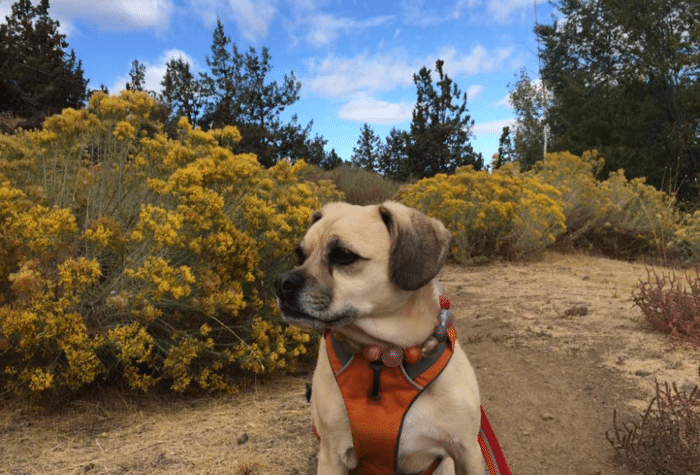North Springs Exclosure Fence Construction
Jeremy Austin
Organizer: Jefferson Jacobs
Dates: October 14-17, 2023
Region: Greater Hart-Sheldon
Difficulty Rating: Level 4: Strenuous
Maximum Group Size: 16 participants
About the place
The Beatys Butte region includes an area of traditional aboriginal use by the Burns Paiute Tribe. The Tribe has a small reservation in Harney County, located near Burns; the Burns Paiute People are the descendants of the Northern Paiute, or Wadatika people. The Wadatika’s homeland encompasses a territory from the Cascades east past what is now Boise, and from the Columbia south well into Nevada. Learn more about The Burns Paiute Tribe here.
Beatys Butte is an integral part of the “land between” Hart and Sheldon National Wildlife Refuge in BLM’s Lakeview District south-central Oregon. Explore ONDA’s Greater Hart-Sheldon Storymap to learn more about this region. The area on and around the Beatys Butte supports a variety of wildlife and includes winter and migratory habitat for pronghorn antelope, and habitat for sage grouse, pygmy rabbits, western big-eared bats, ferruginous hawks, burrowing owls, desert and short-horned lizards, and other mammals and birds. The Beatys Butte Sagebrush Focal Area, is one of the six most important areas identified by the U.S. Fish and Wildlife Service for the long-term survival of the Greater sage grouse. The small springs and associated “mesic” habitat provide critical food resources to the wildlife in the area, serving as oases that are disproportionately important compared to their size.
This trip will take place on a 400 acre parcel of property owned by the Oregon Desert Land Trust (ODLT) on the north side of Beatys Butte.
About the stewardship work
This trip represents the beginning of a series of projects that will provide a demonstration of what restoration work can accomplish in the Beatys Butte area. By working to restore the hydrology and plant communities around springs and other mesic areas on the ODLT property we will be providing an example of what these areas can potentially look like: an example of a functioning community that has been missing from the surrounding landscape for likely over 100 years. With this example in place we will have an even more convincing argument to collaborate with the BLM on expanding restoration work to the dozens and dozens of other springs and mesic areas on public lands surrounding Beatys Butte.
On this trip we will focus on one of the most important steps in any restoration process, and that is to address the root cause of the ecological degradation: in this case cattle grazing. We will do this by constructing a fence around nearly the entire 400 acre property to protect the restoration work that will be implemented there, and allow for passive restoration beyond just the boundaries of our active restoration efforts. While ONDA is famous for removing unneeded fences for the benefit of wildlife and wild landscapes, sadly this fence is unavoidable. But we will be constructing it as “wildlife friendly” as possible. This means that it will be low enough for deer to jump over easily with smooth wire on top and bottom to protect jumping deer as well as pronghorn slipping underneath. And to make it more visible to the sage grouse living nearby, we will be hanging sturdy reflectors at regular intervals along the fence. For this phase of the work we will be constructing the anchors that will become the corners and intermediate “stretching” points for attaching our fence wire. These anchors will all be rock “cribs” basically four-foot diameter baskets columns filled with rocks.
Trip timeline
- Saturday, October 14, 5 pm: Meet at the North Springs/Beatys Butte property. You can set up camp and get settled in with dinner. We’ll have an evening orientation about the next days’ work.
- Sunday-Monday, October 15-16, 8 am to 4 pm: A full day of hauling rocks, chatting while hauling rocks and enjoying huge wide open views while hauling rocks.
- Tuesday, October 17, 8 am: After breakfast we can pack up camp and head on home!
Camp
We will be car-camping near to the property and restoration site at an undeveloped location with no running water or facilities, just wide open sagebrush steppe. ONDA will provide some additional amenities such as shade/rain tarps, a few tables and extra chairs. The access road is an unmaintained dirt road, but it is not too much for a Subaru.
Difficulty
This trip will be physically demanding, and is repetitive. There will a small amount of fence post pounding to provide the framing for the rock cribs, but most of the work will involve gathering and carrying large rocks to fill the rock cribs. Footing is uneven, and rock cribs will be built along a three-mile fence line so fencing materials and tools will likely need to be carried briefly. It is likely to be hot and dry, without reliable shade at the work site. There are always opportunities to rest and work at your own pace.
Participant responsibilities
Participants are responsible for their own food and camping gear, as well as transportation to and from the trip. Sturdy off-trail ankle-high boots are required for this trip. We recommend bringing your own work gloves to provide a comfortable fit, but it is not required. Potable water is not available at the campsite, so volunteers will need to bring sufficient water for drinking and cooking during the course of the trip.
Gear provided
ONDA will provide work gloves if you don’t have a pair, all the tools and materials required for the work, safety gear and excellent guidance in the field.
Registration
An ONDA registration application and medical form are required for this trip. Check the box next to each trip you would like to attend.
Apply Now
You will receive a confirmation email within 2 weeks of submitting your form. The confirmation email will provide information regarding which trips you are on the “participant list” for, and which trips are full, and therefore you have been placed on the “wait list.”
Six weeks before the start of the trip, the trip leader will send out an RSVP to make sure everyone is still able to participate. Based on RSVPs, open spaces will be backfilled with people from the waitlist.
Three weeks before the trip start date, registered and confirmed participants will receive driving instructions, maps, and additional information in an email sent by the trip leader
If you have any questions in the meantime, please don’t hesitate to contact the trip leader.
Your Trip Leader
This trip will be led by Jefferson Jacobs. If you have questions, you can contact him at jjacobs@onda.org
Meet JeffersonBeatys and Mahogany Buttes
There is no developed trail to the top, so the hike begins when you have found a decent spot to park your vehicle. Beatys Butte at 7,885 above sea level […]
Read More

